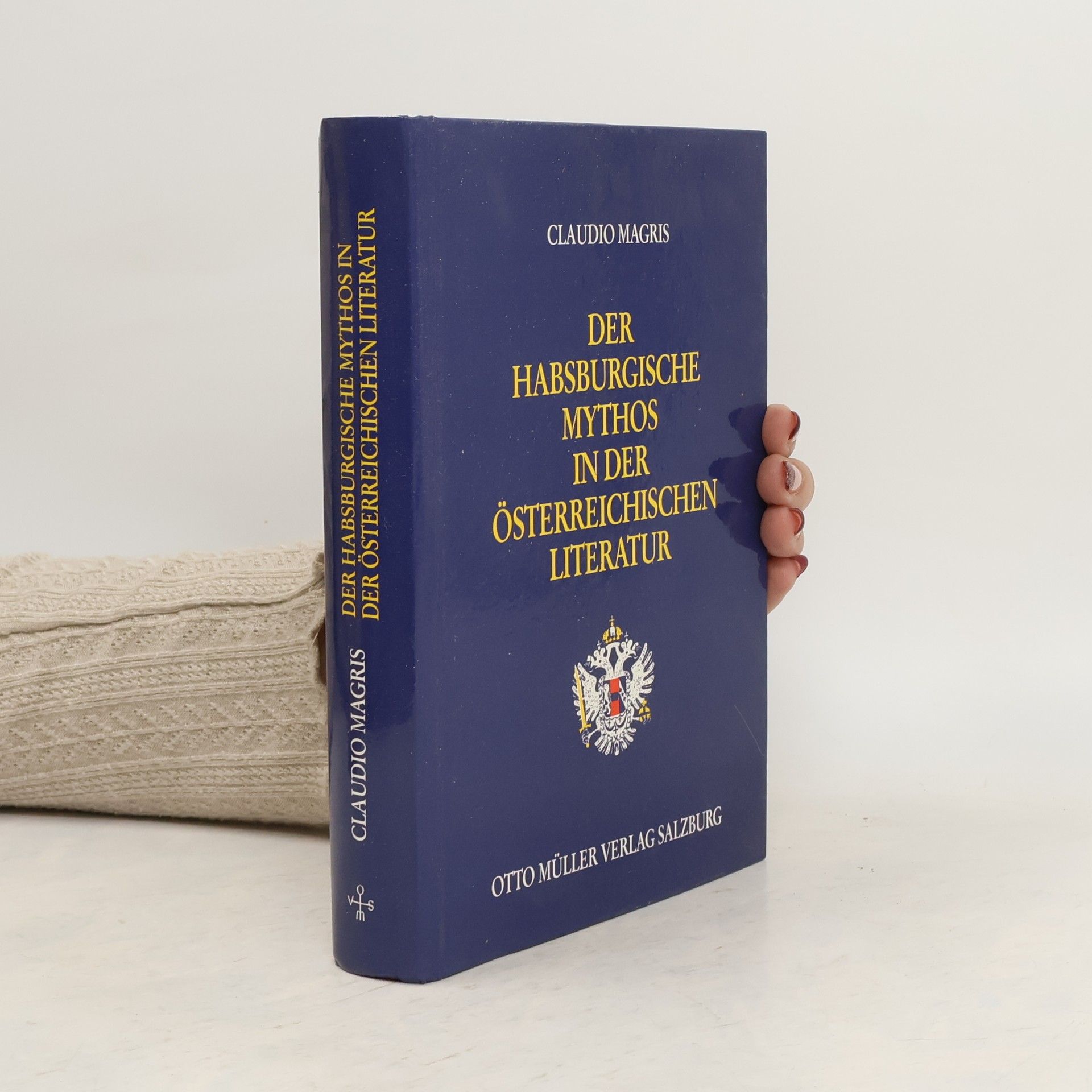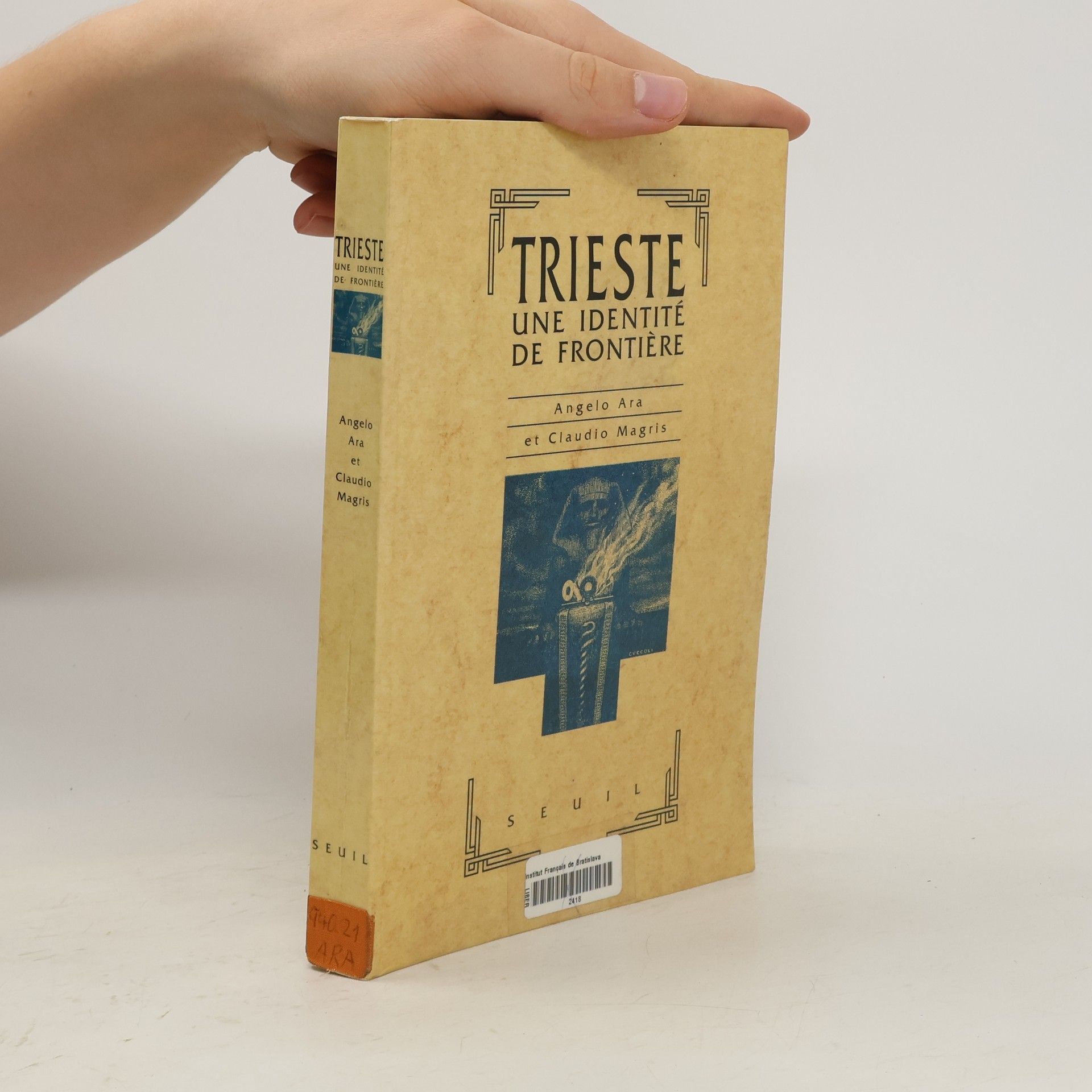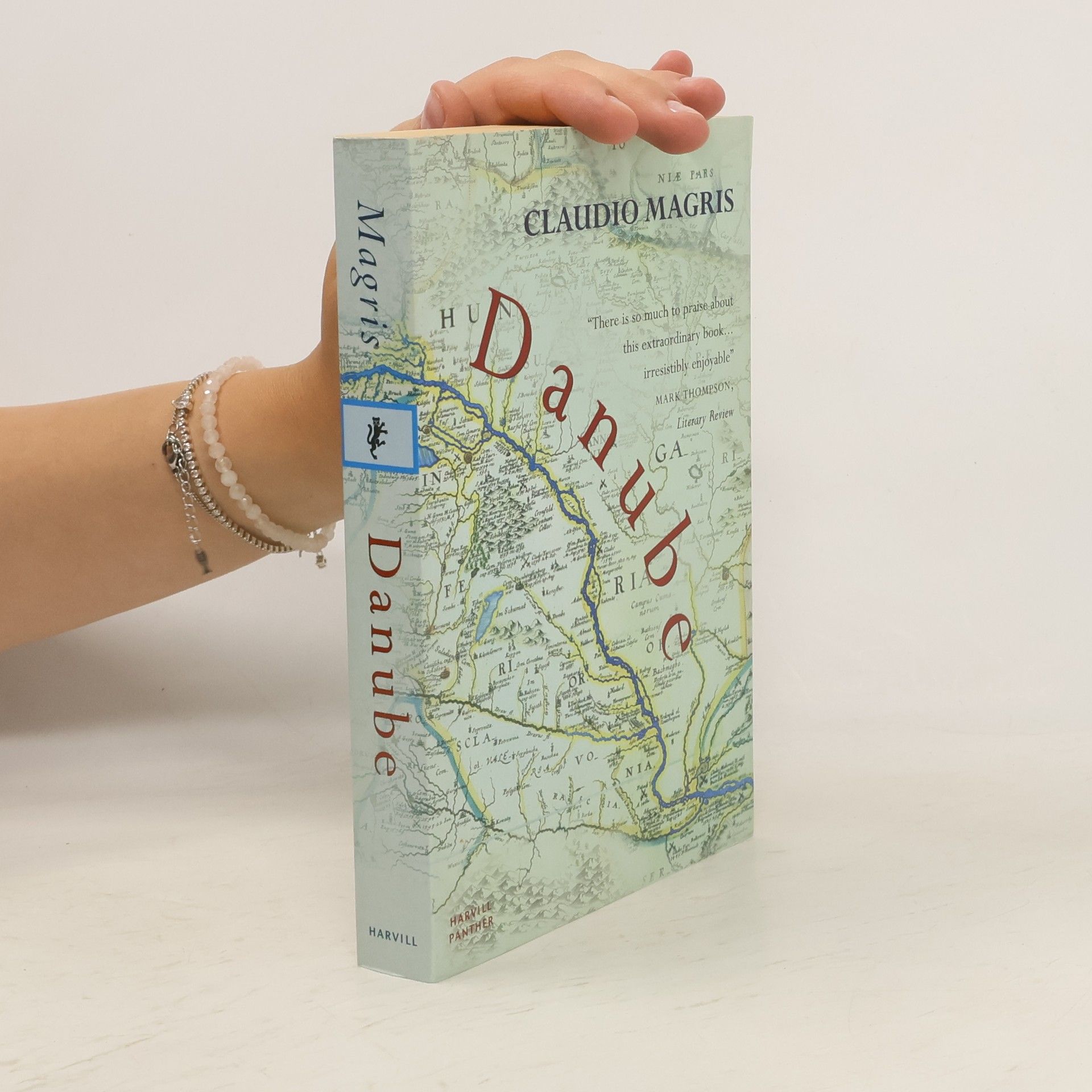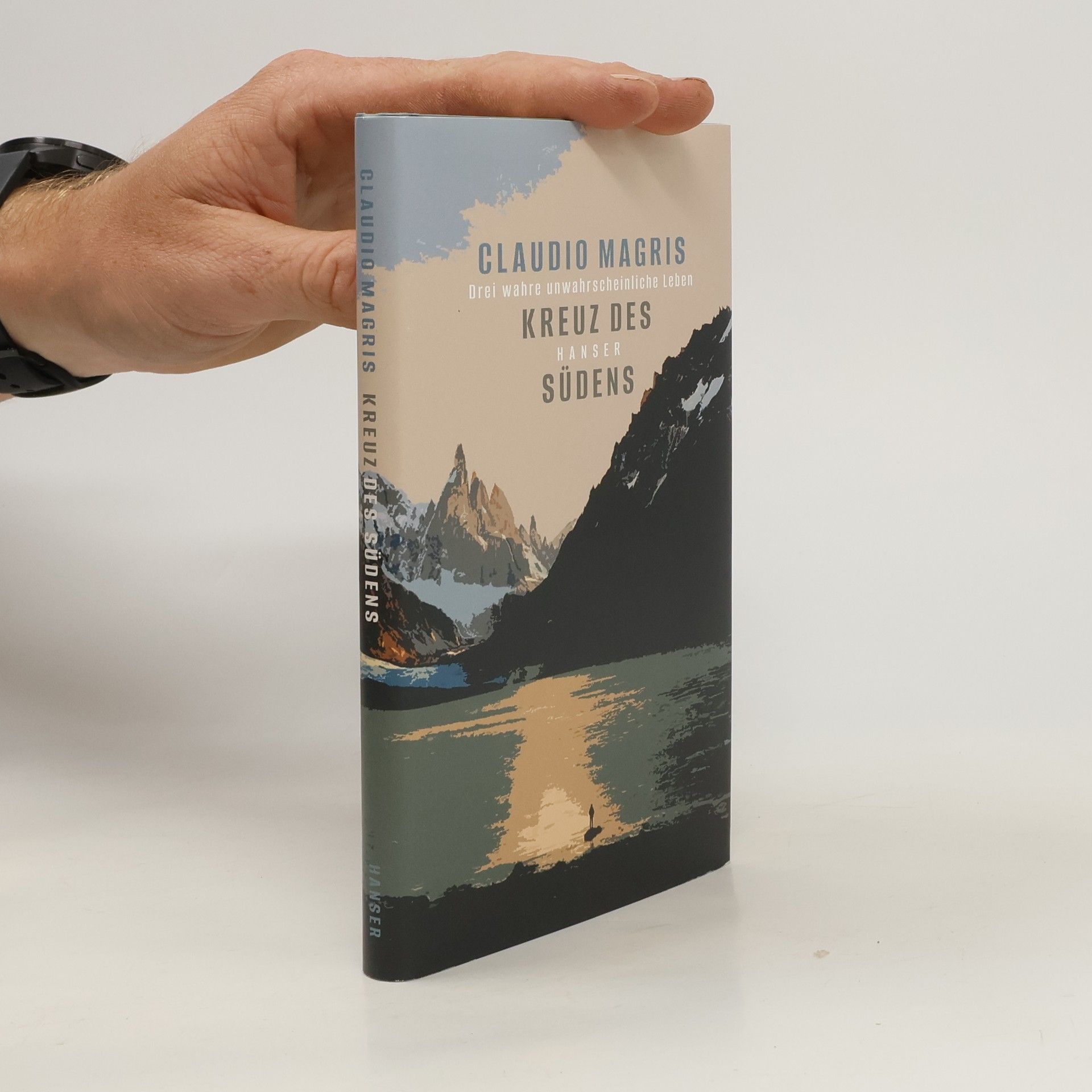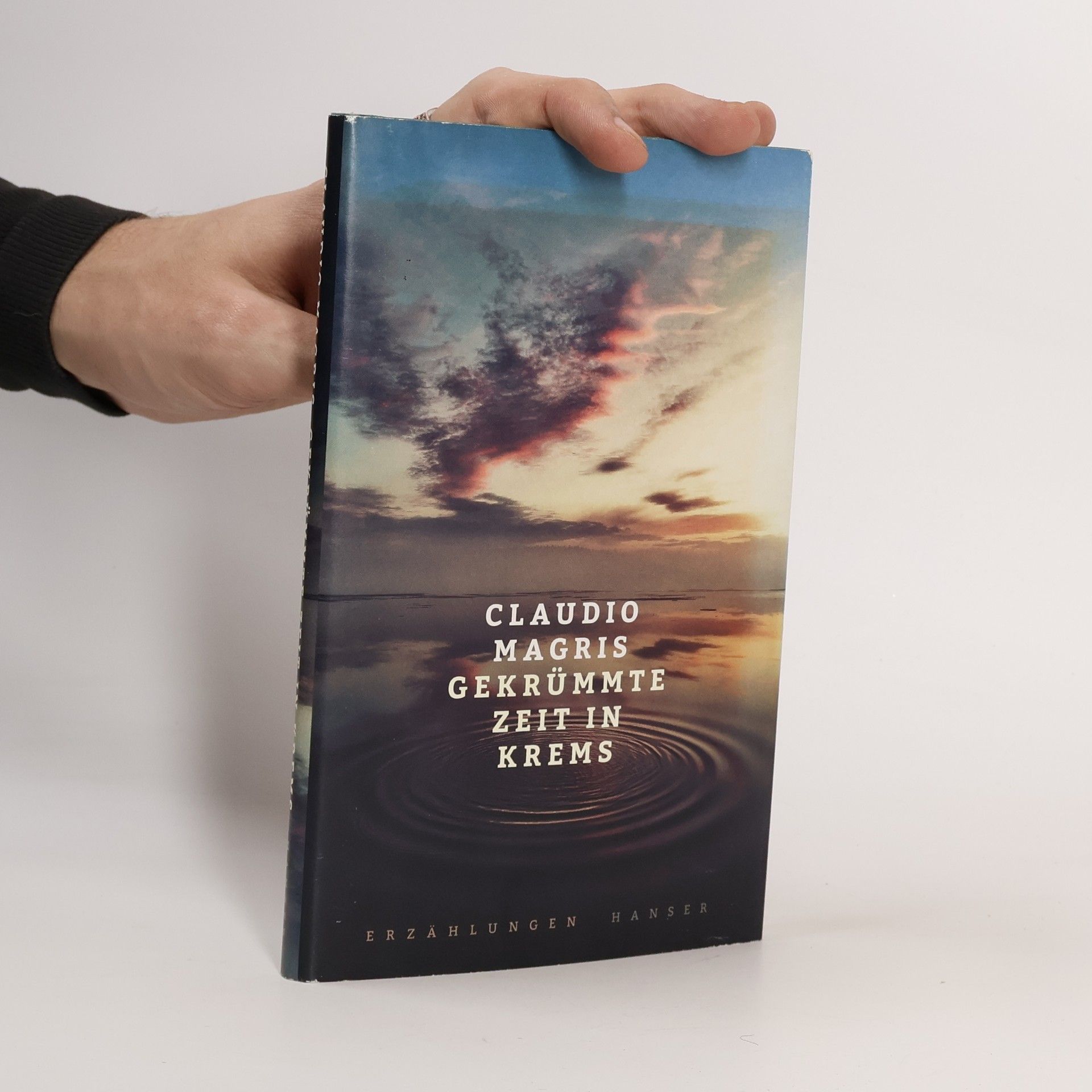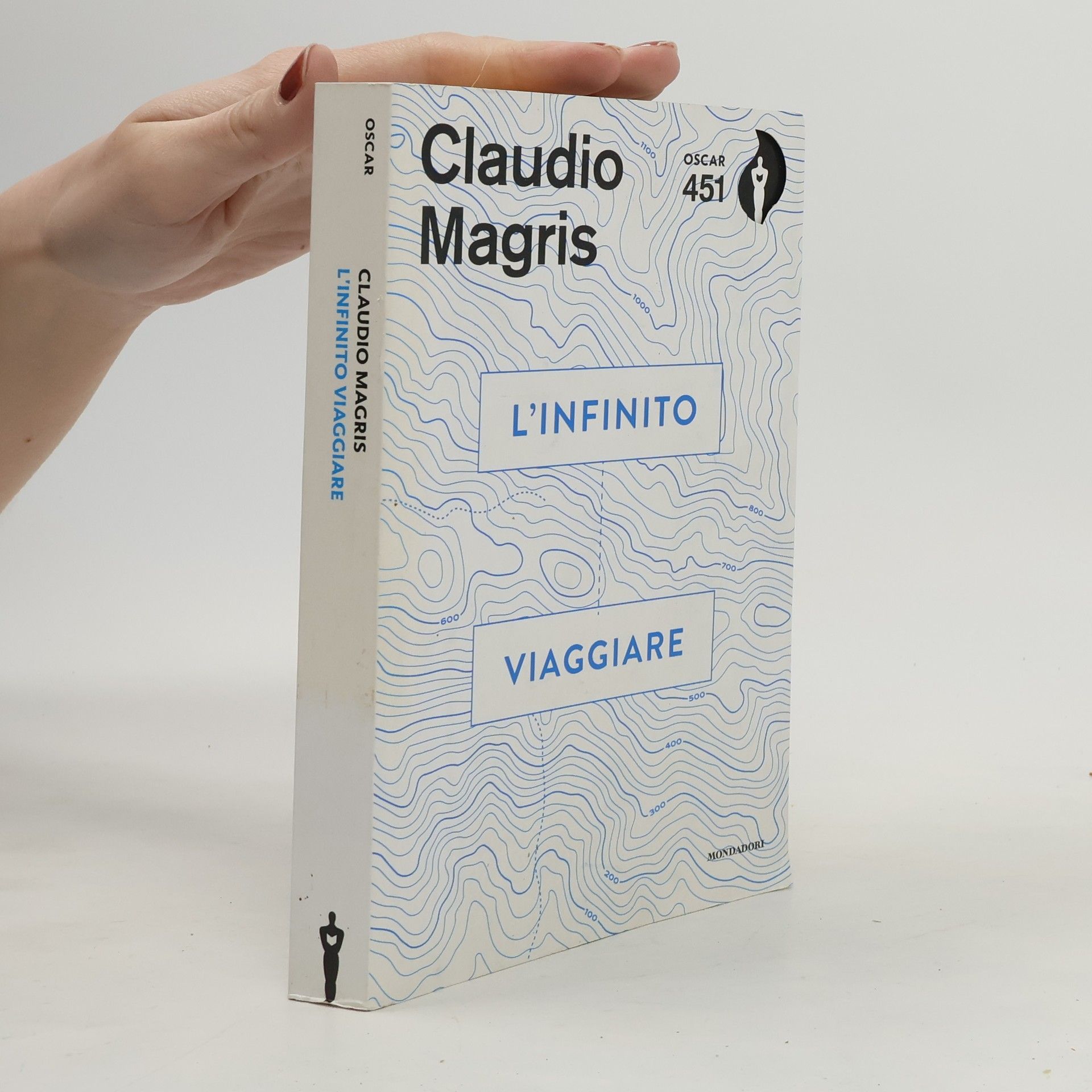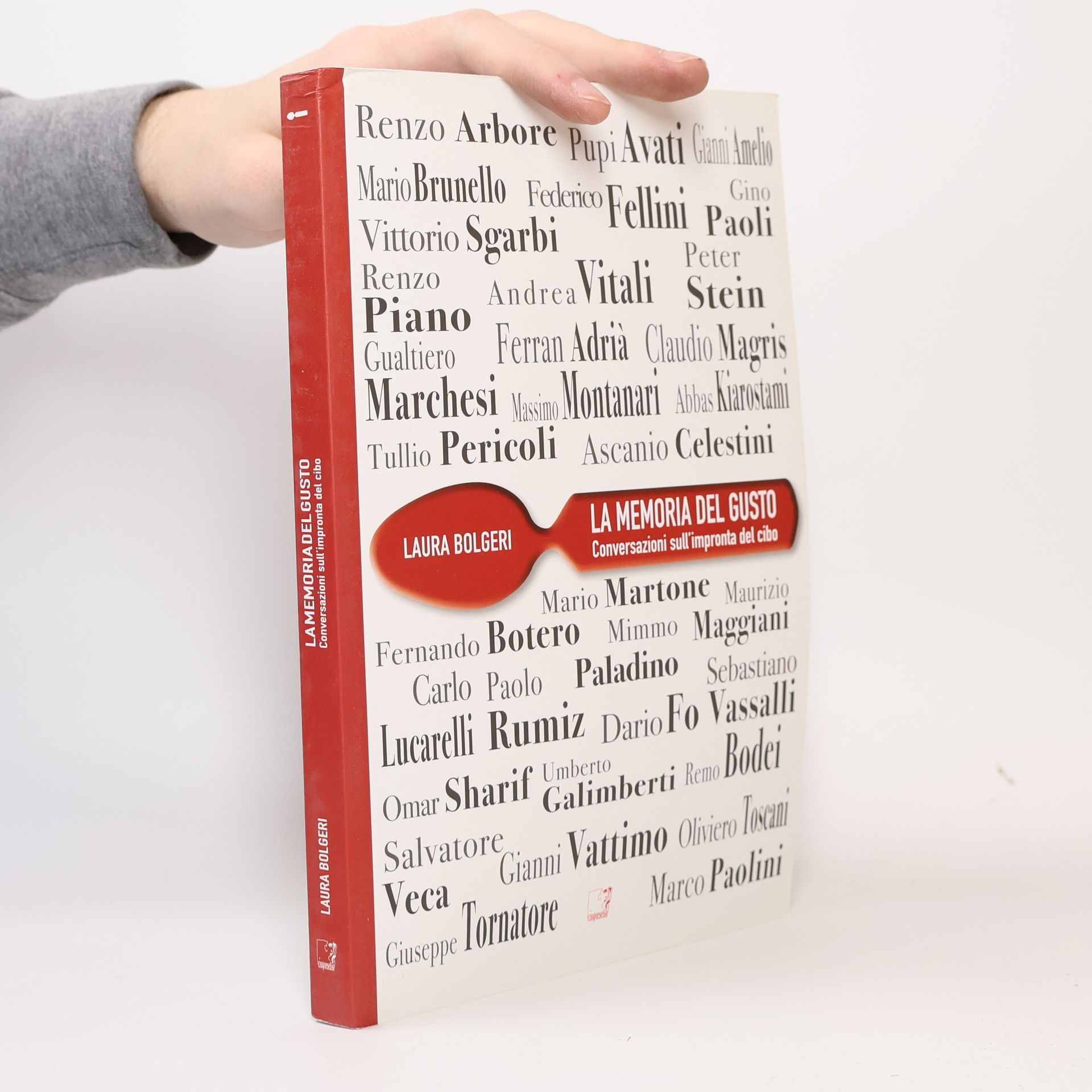Kreuz des Südens
Drei wahre unwahrscheinliche Leben
Geschichten von Ländern, Grenzen, Entdeckungen und der Fremde – meisterhaft erzählt von Claudio Magris Drei unwahrscheinliche, wahre Geschichten von der Welt „am Ende der Welt“. Claudio Magris‘ meisterhafte Erzählungen handeln von außergewöhnlichen Menschen, die Ende des 19. Jahrhunderts nach Patagonien auswanderten, um sich mit dem „Anderen“ zu konfrontieren: Ob es der slowenische Ethnologe Janez Benigar ist, der sich mit einer Mapuche vermählt, der französische Anwalt Orélie-Antoine de Tounens, der sich zum König von Araukanien ausrufen lässt und einen hoffnungslosen Freiheitskampf initiiert, oder schließlich Schwester Angela Vallese aus dem Piemont, die ihr Leben für die verfolgten Ureinwohner Feuerlands opfert. Magris erzählt die erstaunliche Geschichte unbekannter Helden, die die Fremde zur Heimat machten.

